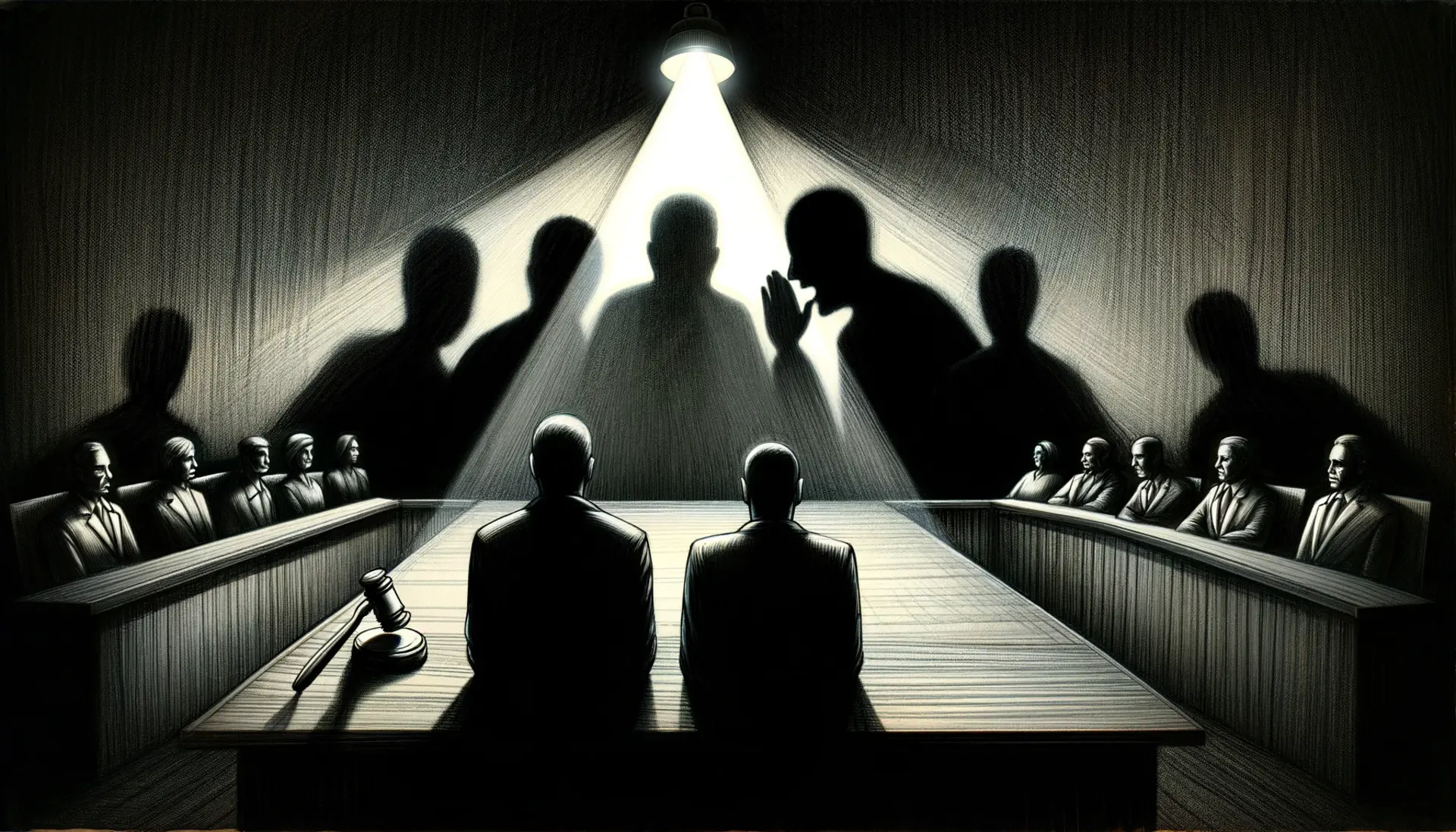Coerced congressional testimony has long been a shadowy tactic in the political arena. When individuals are pressed into giving testimony that does not stem from their own volition, the sanctity of the truth is compromised. Recent events surrounding the Trump administration have cast a new light on this practice, implicating the fairness of our legal system and the integrity of public office.
TL;DR Summary
The article exposes how coerced congressional testimony has been used to manipulate the narrative against President Trump, drawing from the case of Cassidy Hutchinson's altered statements. It highlights the unethical pressure tactics by political figures, the media's role in shaping public opinion, and the dire implications for American democracy and the rule of law. The piece underscores the urgent need for transparency and accountability to maintain the integrity of our nation's values and judicial processes.
Historical Precedents of Misused Testimony
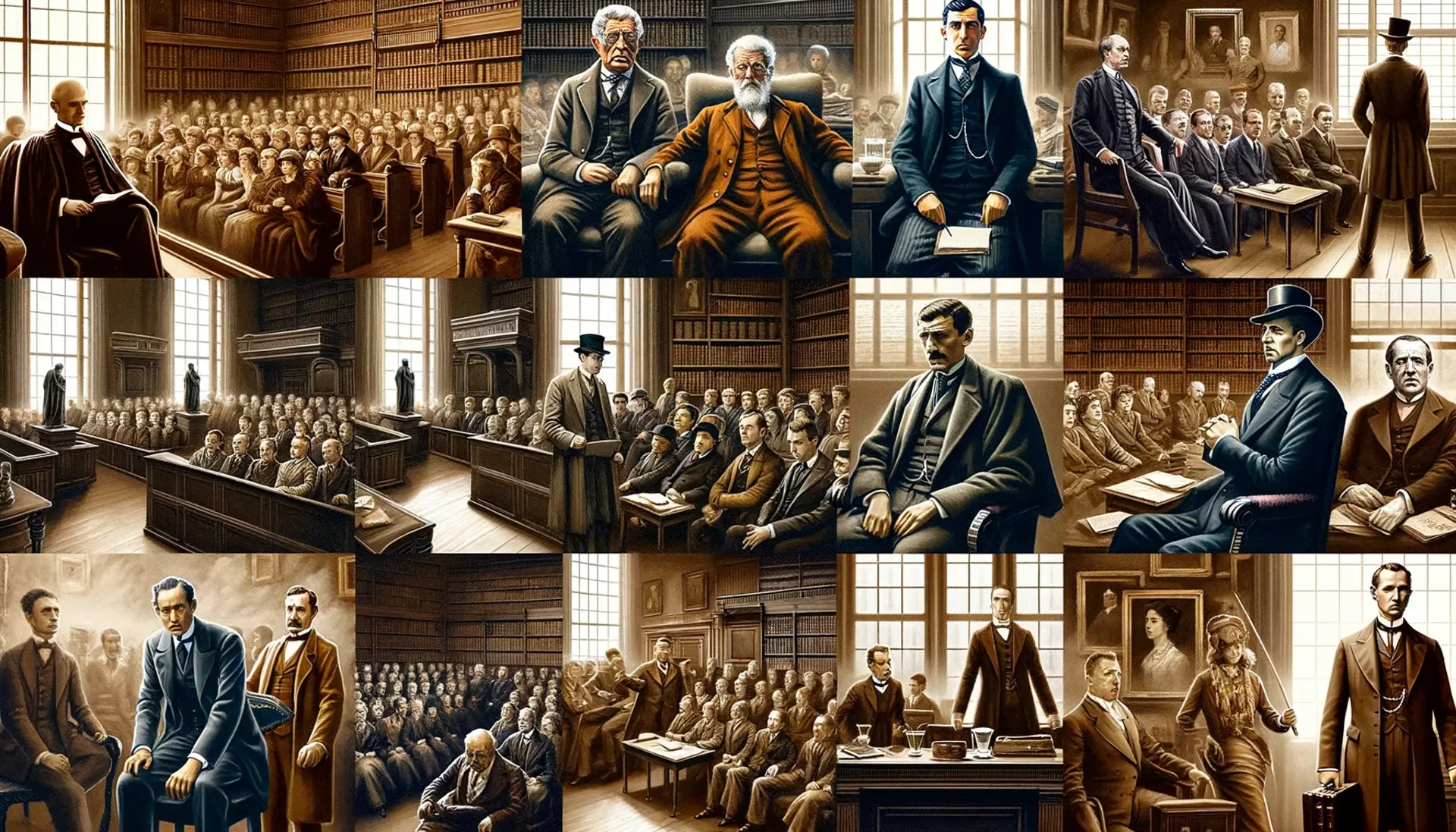
In the context of American politics, there have been instances where witnesses were nudged into delivering testimonies that advanced a particular political agenda. These acts of political sabotage and witness intimidation set dangerous precedents, shaping public perception through deceptive testimonies. Especially in high-profile cases, the impact on the judicial process and the affected individuals' reputation can be long-lasting and sometimes irreparable.
The Case of Cassidy Hutchinson's Testimony

The involvement of Cassidy Hutchinson, a former aide in the Trump administration, raises questions about the extent to which political players are willing to go to pressure associates of President Trump into providing favorable testimony. Her disclosed text messages point towards reluctance to comply with a congressional hearing, suggesting an attempt to manipulate her into crafting a narrative that aligned with certain political interests rather than the truth.
Mechanisms of Coercion by Political Players
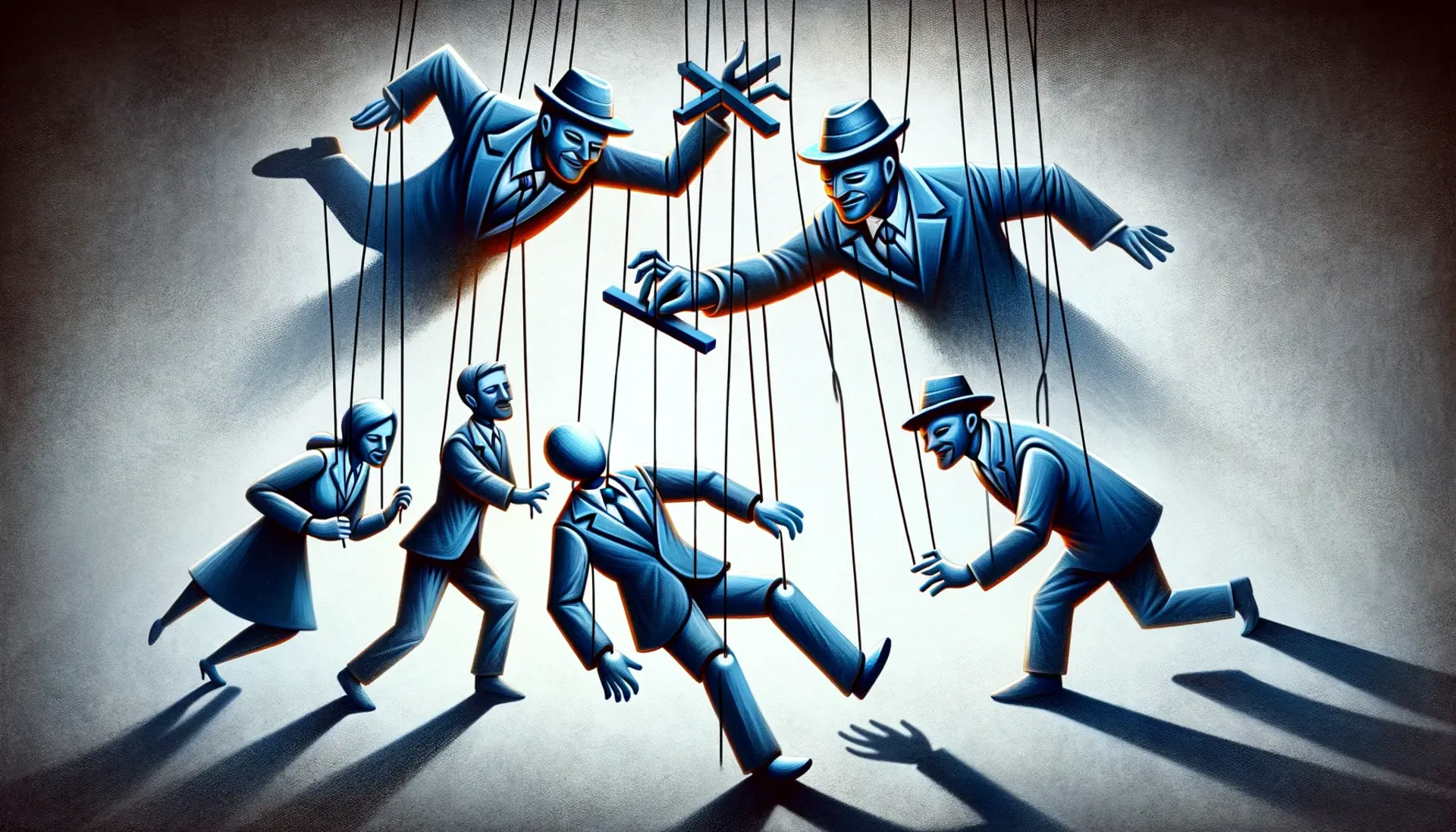
The methods used to apply pressure on Trump associates seem relentless. The legislative malpractice of using subpoenas as weapons and the potential abuse of power to coerce false narratives are symptomatic of a deeper malaise within the political system. Pervasive tactics of intimidation and the specter of legal persecution have marred the authenticity of testimonies delivered in Congress and have entrenched the process in moral doubt.
Consequences of False Testimony
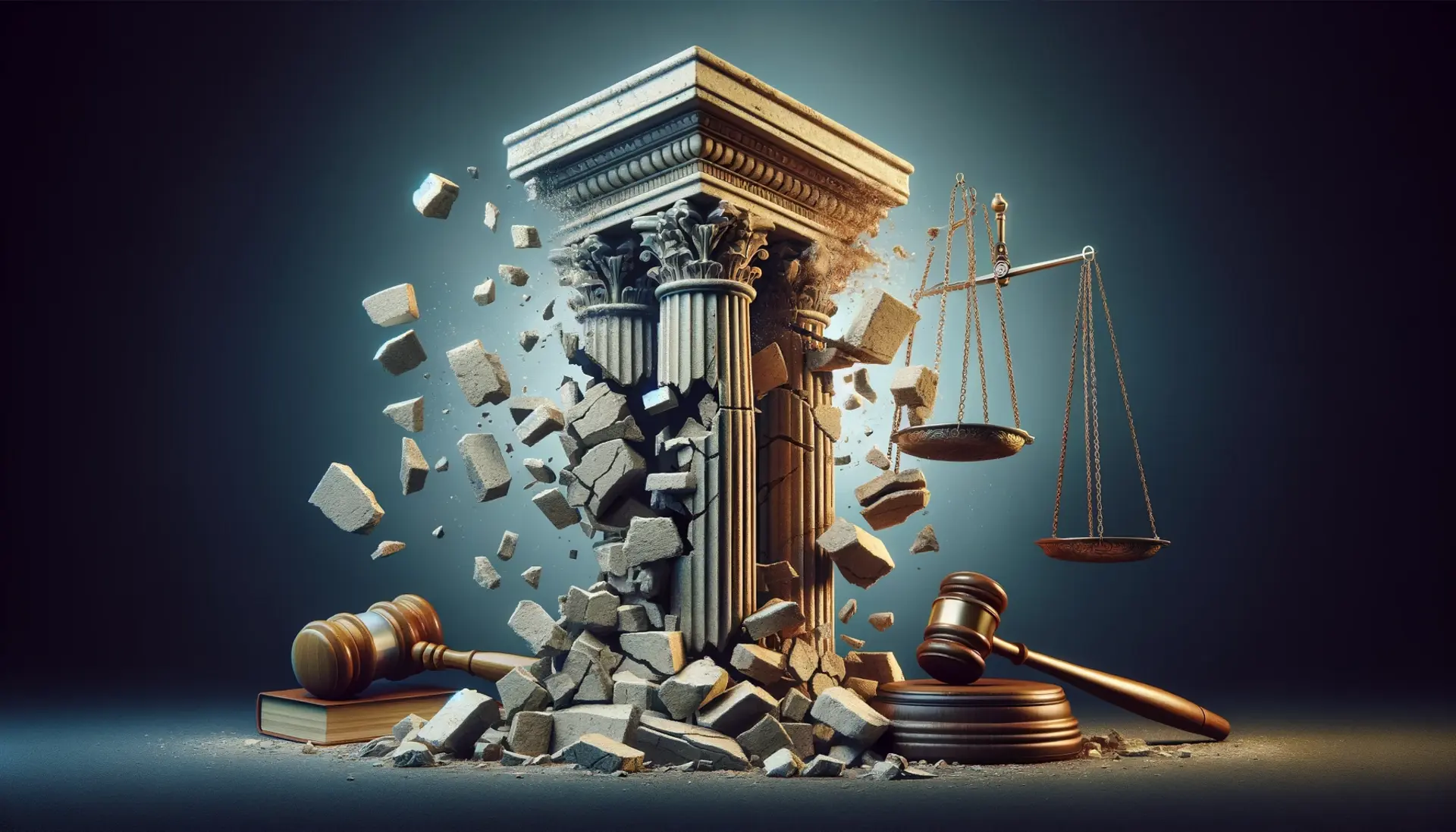 justice with a gavel and scales of justice, symbolizing the consequences of false testimony." data-path="local-images:/truth/18/false_testimony_consequences.webp">
justice with a gavel and scales of justice, symbolizing the consequences of false testimony." data-path="local-images:/truth/18/false_testimony_consequences.webp">
Coerced congressional testimony, when proven false, undermines the credibility of the government and damages the rule of law. In the case of President Trump, this could lead to judicial misconduct with significant political ramifications — endangering his public image and potentially affecting future political endeavors. This is not merely an abstract concern; it is a tangible threat to the foundational American values of justice and truth.
Media's Role and Narrative Control
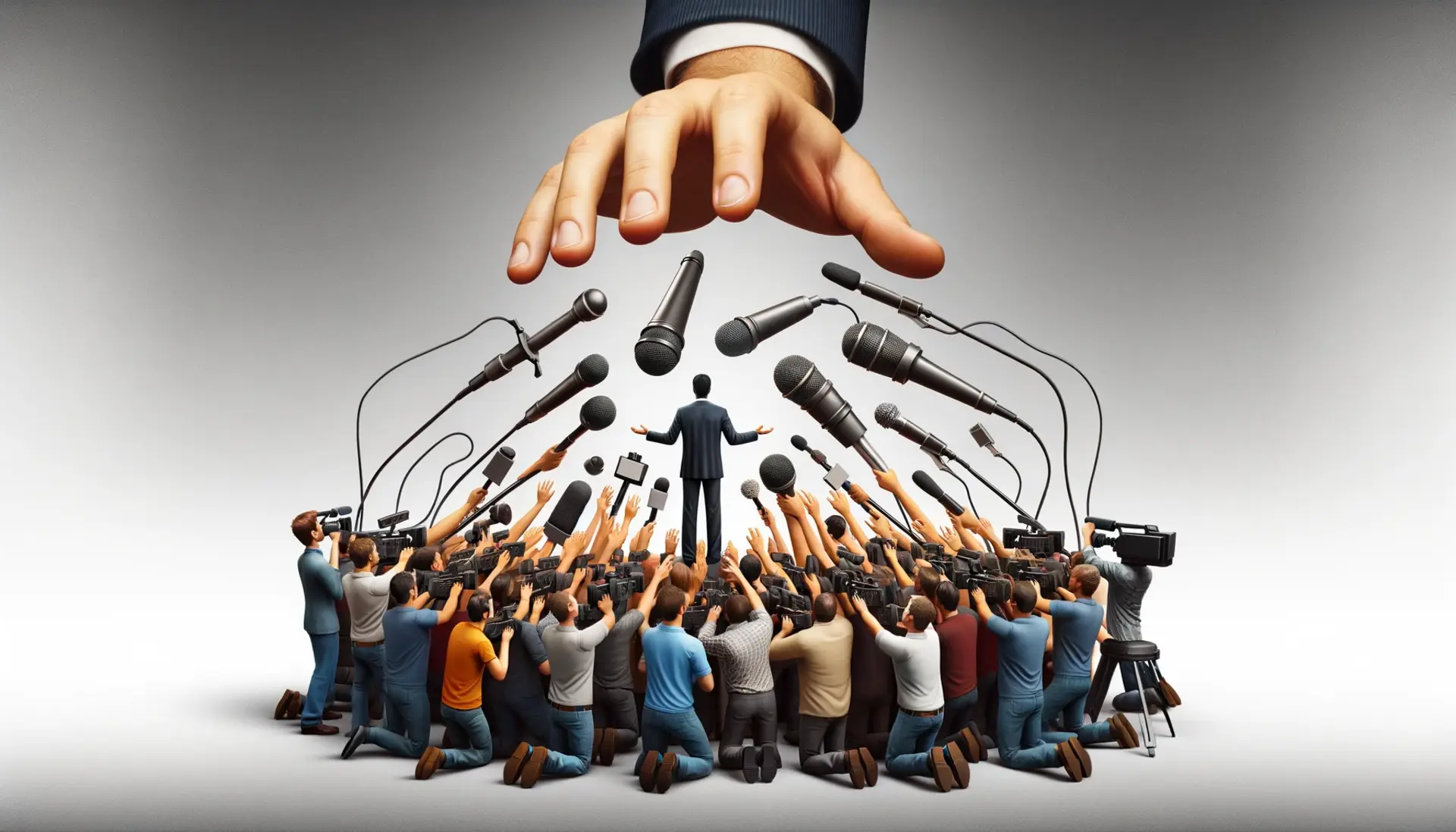
In this tempest of truth and falsehood, the media plays a crucial role. Too often, they become the arbiters of information, capable of either disseminating misinformation or shedding light on truth suppression. The asymmetry of media representation can sway the public narrative, magnifying the political vendetta against figures like Trump while downplaying the unethical methods used to obtain coerced congressional testimony.
Public Response and Perception
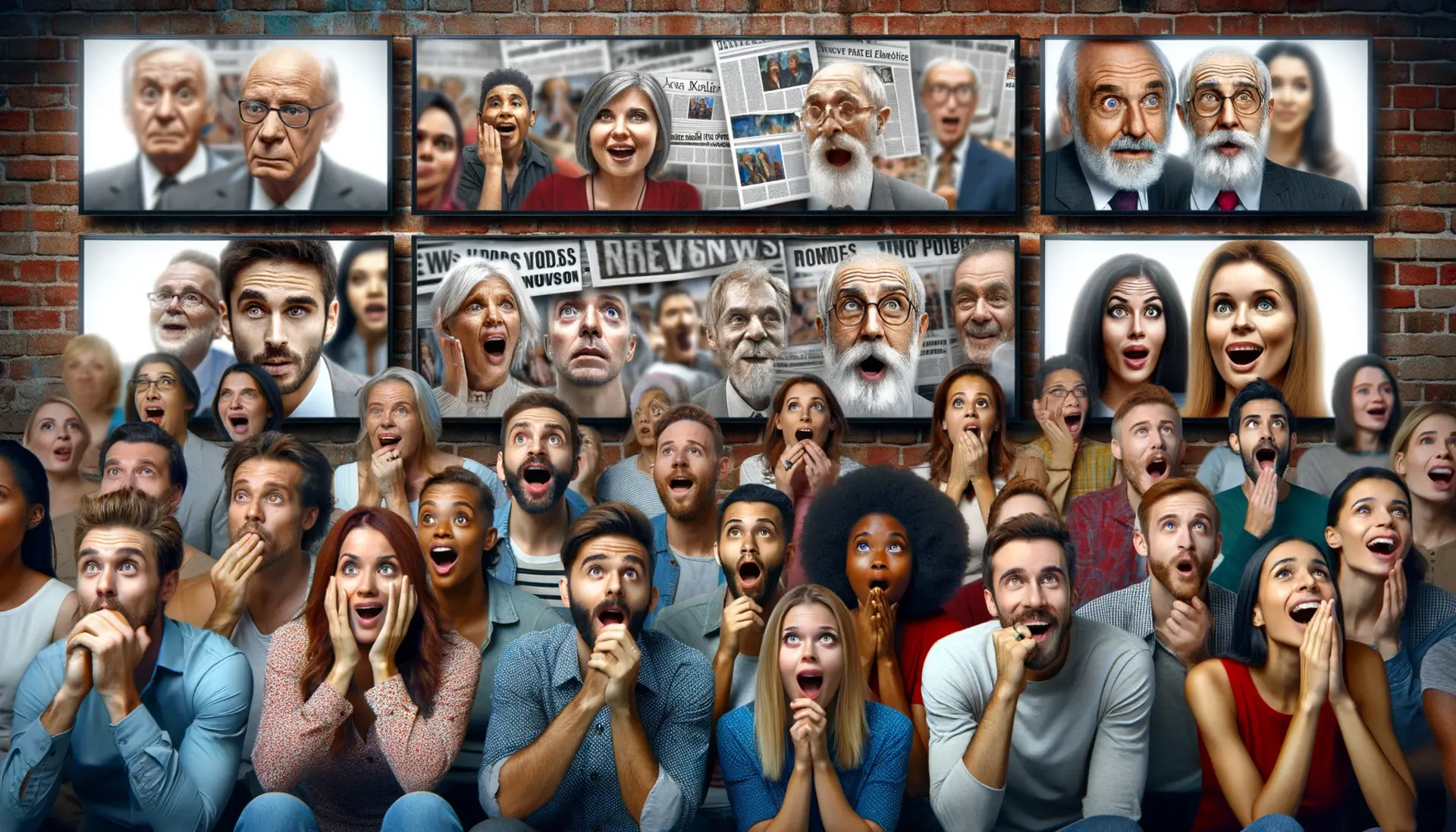
The public's trust in governmental institutions further erodes with each revelation of coerced testimony and political retribution. There is a growing concern that select persecution has eclipsed impartial justice, prompting a reevaluation of the systemic transparency of our legal and political processes. Witnessing the disintegration of national integrity, the American people are calling for increased accountability from their public servants.
Legal and Ethical Considerations
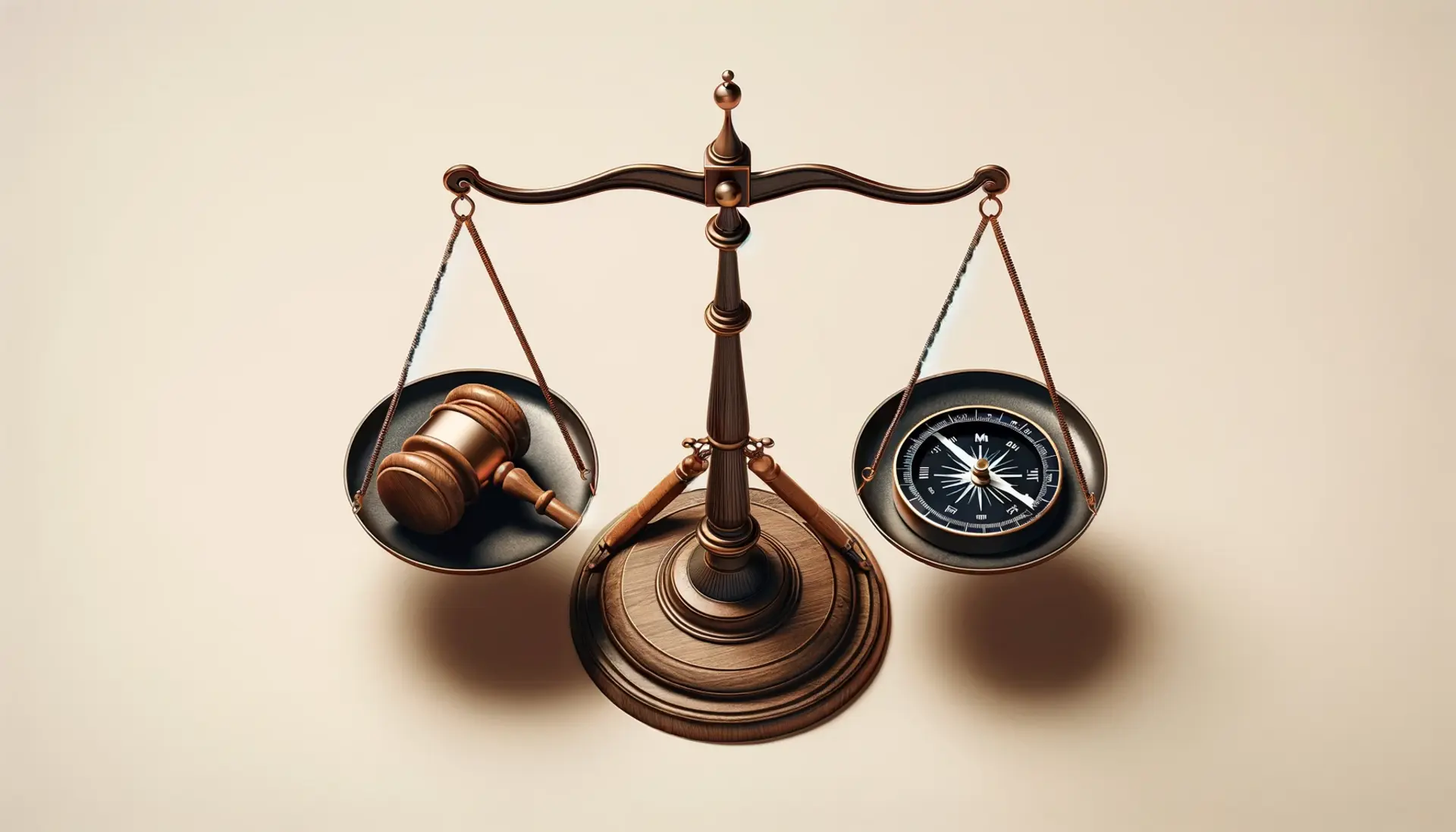
There are significant legal repercussions for providing false testimony to Congress. Beyond legalities, the ethical implications are profound: Such actions erode democracy and the rule of law. When people in positions of authority engage in prosecutorial misconduct or witness tampering, they cast a shadow over the entire system that was designed to protect the principles of truth and fairness.
Conclusion and Call to Transparency
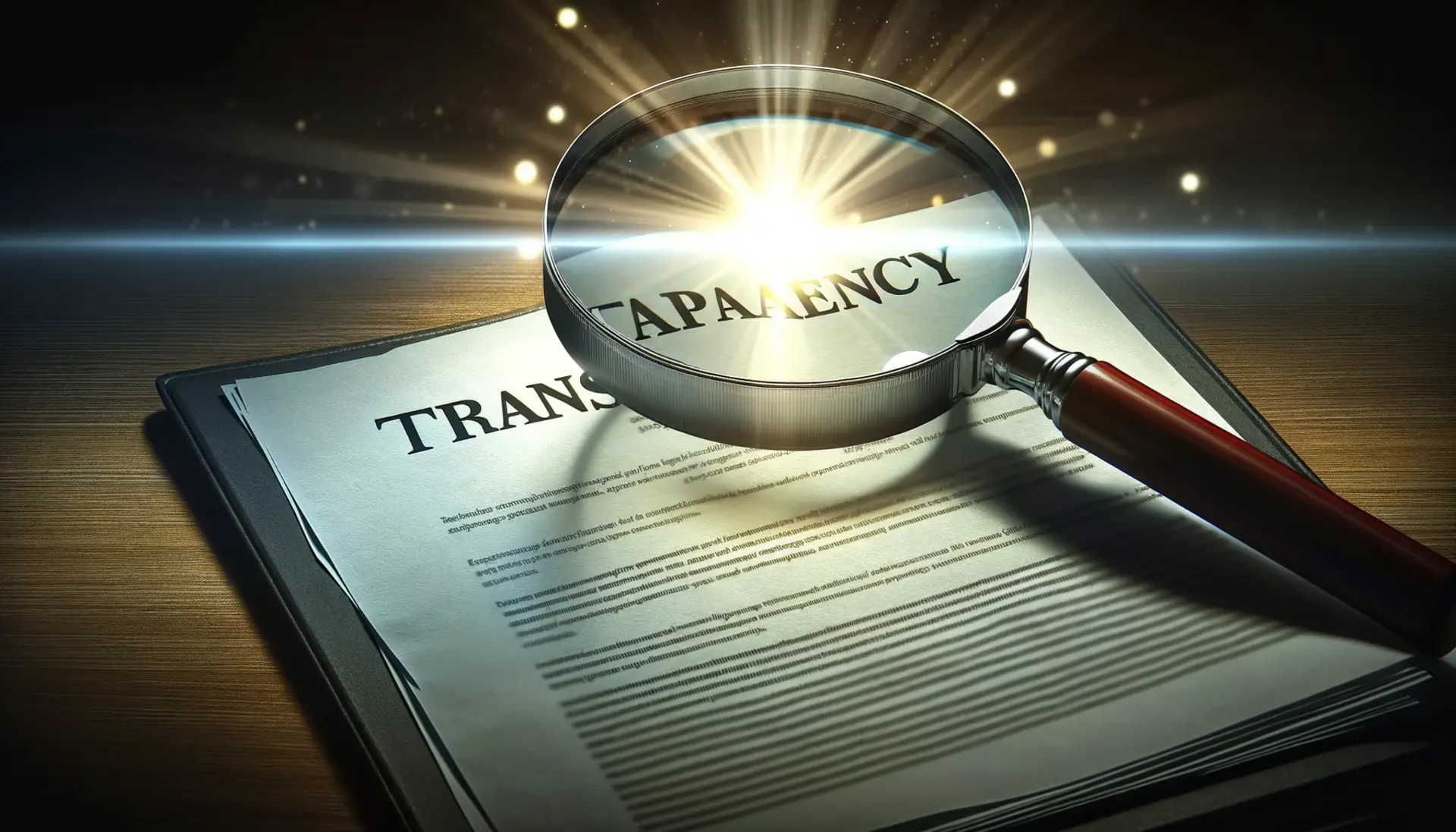
The recent incidences of orchestrated narrative crafting through coerced congressional testimony have revealed a stark reality: Ethical violations and tactics of intimidation have no place in an open and honest democracy. It is imperative that we strive for systemic change towards greater transparency and accountability, ensuring that the rule of law is applied equally and fairly to all citizens, regardless of political affiliation. The truth must prevail over personal agendas to preserve the integrity of our nation and the values upon which it was built.
